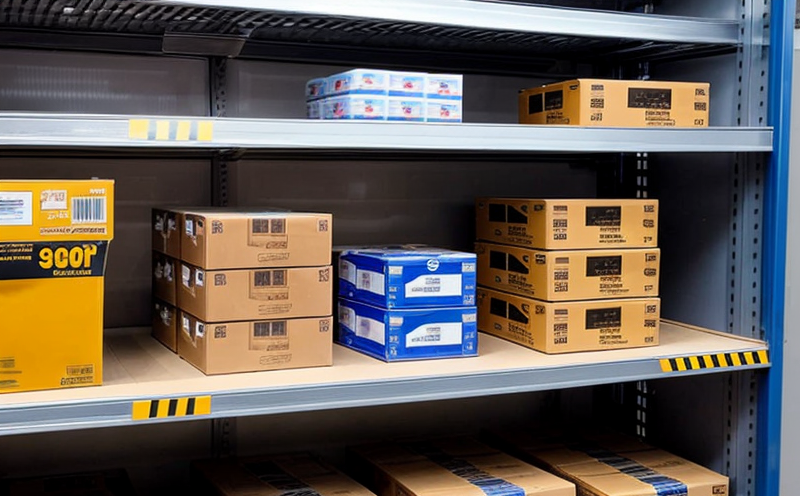Liquid Microbial Penetration Testing of Sterile Barrier Systems
The integrity of sterile barrier systems is a critical concern in medical device manufacturing. Ensuring that these barriers remain intact and effectively exclude microorganisms throughout the shelf life of a product is paramount to patient safety and regulatory compliance.
At Eurolab, our expertise in packaging integrity testing extends to specialized methods for assessing the resistance of sterile barrier systems against liquid microbial ingress. This service leverages advanced methodologies that simulate real-world conditions, providing data critical for ensuring the reliability and performance of medical devices.
The process involves subjecting a defined volume of liquid inoculated with microorganisms (such as Escherichia coli, Pseudomonas aeruginosa, or other relevant pathogens) to the barrier system. The specimen is then incubated under controlled conditions, and any microbial penetration detected indicates potential vulnerabilities in the packaging.
This testing aligns with international standards such as ISO 11607-5:2022, which specifies procedures for determining microbial ingress into medical devices, particularly focusing on the packaging of sterile barrier systems.
The test parameters are meticulously controlled to reflect actual storage and handling conditions. Specimen preparation involves selecting representative samples that mimic typical field conditions. This includes ensuring the correct volume and type of inoculum, as well as replicating environmental factors such as temperature and humidity.
Instrumentation used in this testing may include incubators for maintaining consistent temperatures during the test period, laminar flow hoods for aseptic handling, and specialized equipment for monitoring microbial growth. The results are reported using detailed protocols that include both quantitative measures of microbial counts and qualitative observations on specimen integrity.
The primary goal is to identify any breaches in the barrier system before they could lead to contamination during use, thereby ensuring product safety and compliance with regulatory requirements.
Benefits
- Enhanced Product Safety: Ensures that sterile barriers remain intact throughout the shelf life of medical devices, reducing risks to patients.
- Regulatory Compliance: Meets international standards like ISO 11607-5:2022 for microbial ingress testing.
- Improved Quality Assurance: Provides objective data on packaging integrity that can inform design improvements and process optimization.
- Cost Efficiency: Identifies issues early in the product lifecycle, avoiding costly recalls or field failures later.
This service not only helps manufacturers meet stringent quality control standards but also ensures that their products are safe for end-users. By adhering to these rigorous testing protocols, companies can build trust and confidence in their medical devices while reducing potential liabilities associated with product failure or contamination.
Eurolab Advantages
- Dedicated Expertise: Our team of scientists has extensive experience in packaging integrity testing, ensuring accurate and reliable results.
- State-of-the-Art Facilities: We utilize cutting-edge instrumentation to perform these tests under precise conditions, guaranteeing consistent accuracy.
- Comprehensive Reporting: Detailed reports are provided with all findings clearly outlined, facilitating informed decision-making.
- Customized Solutions: Tailored testing protocols can be developed for specific products or regulatory requirements.
Eurolab's commitment to excellence in packaging integrity testing is reflected in our unwavering pursuit of accuracy and reliability. Our services are designed to help you meet the highest standards, ensuring that your medical devices not only pass regulatory scrutiny but also perform reliably in real-world conditions.
Use Cases and Application Examples
| Use Case | Description |
|---|---|
| Sterile Barrier Testing for Implants: | Testing ensures that implant packaging maintains sterility throughout the shelf life, reducing risks of infection. |
| Liquid Penetration Testing for Drug Delivery Devices: | Evaluates the integrity of containers used in drug delivery systems to prevent microbial contamination. |
Our liquid microbial penetration testing is particularly relevant for packaging materials such as polyvinyl chloride (PVC), polyethylene terephthalate (PET), and metallized films. These materials are commonly used in sterile barrier systems due to their mechanical strength, chemical stability, and barrier properties.





